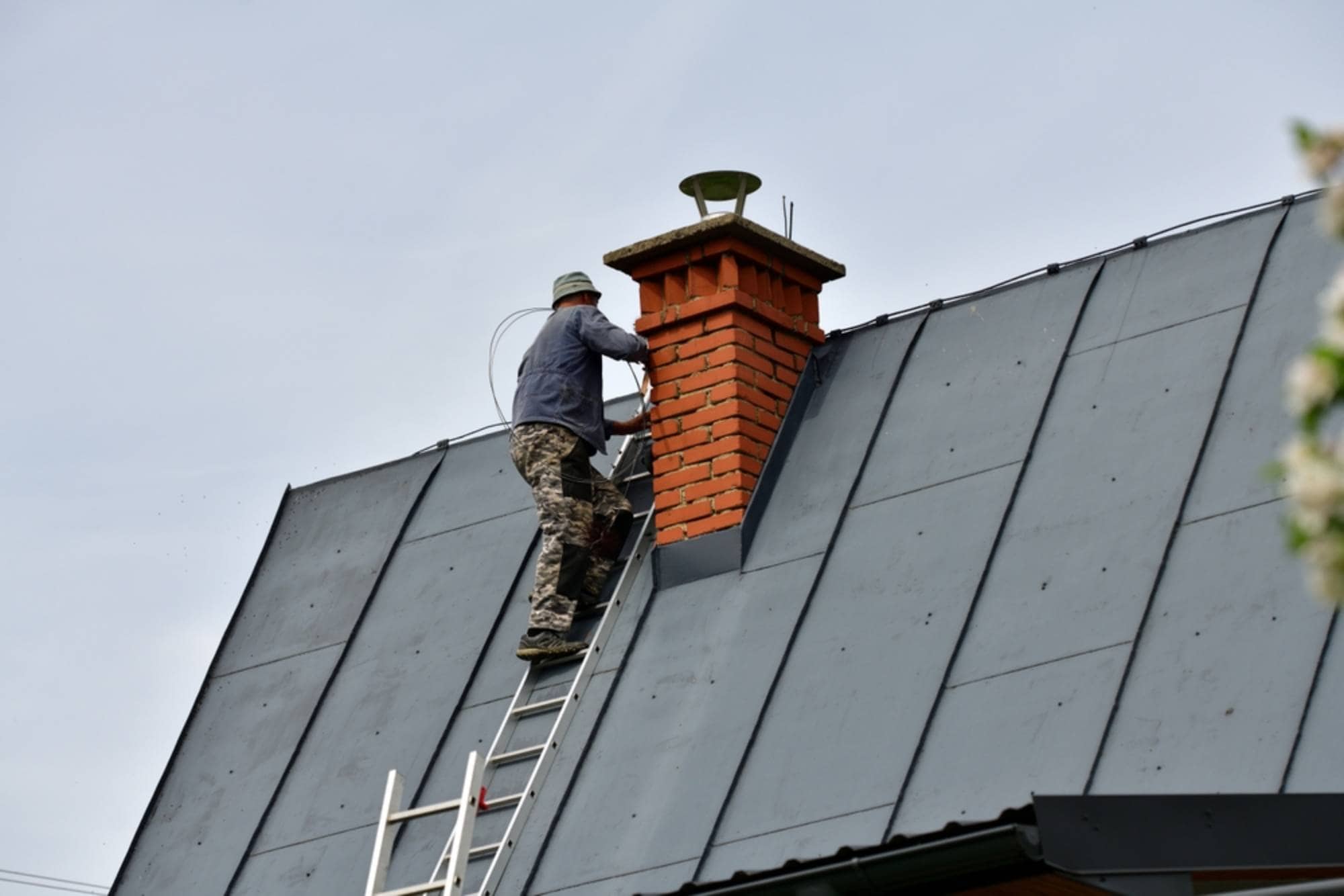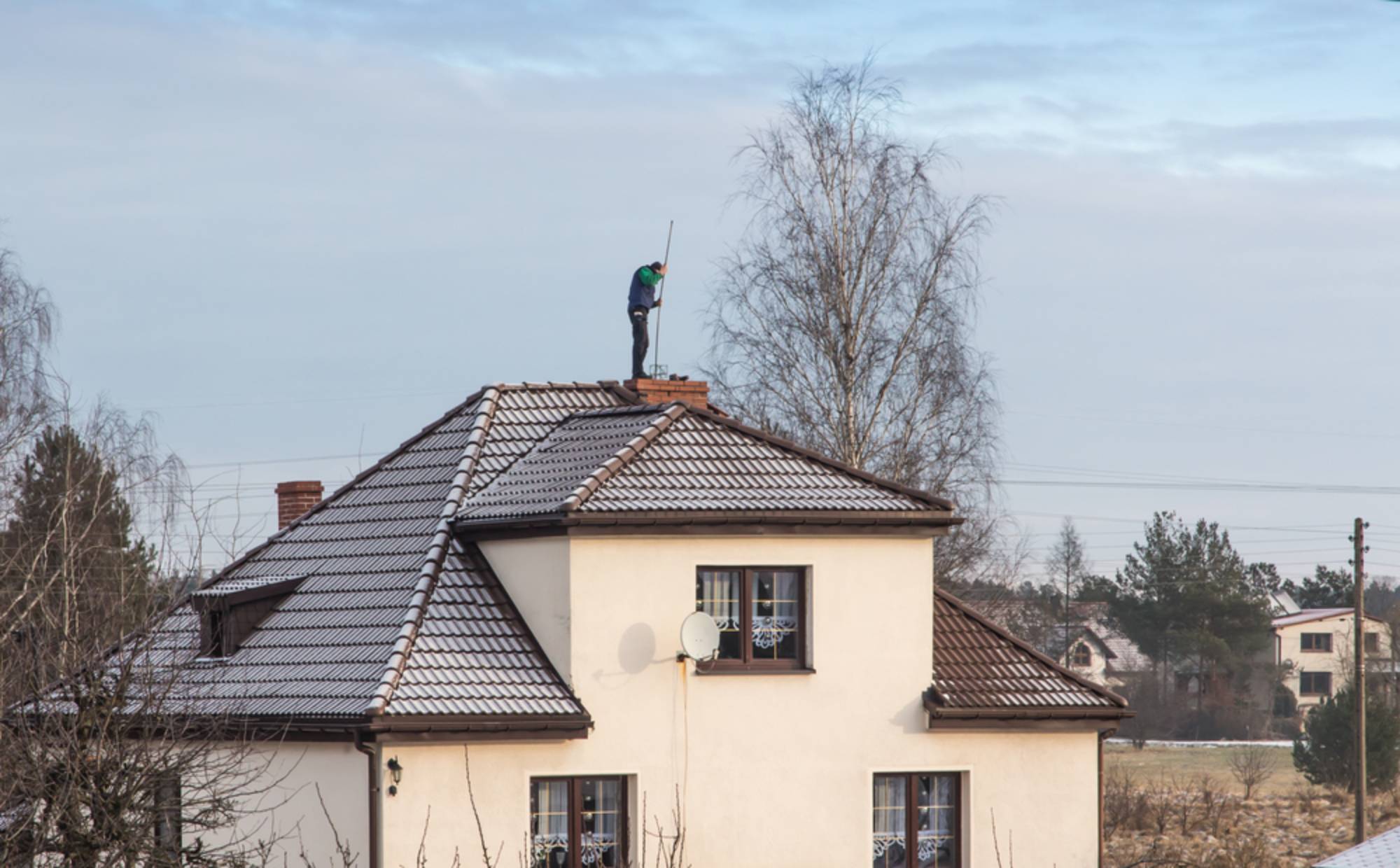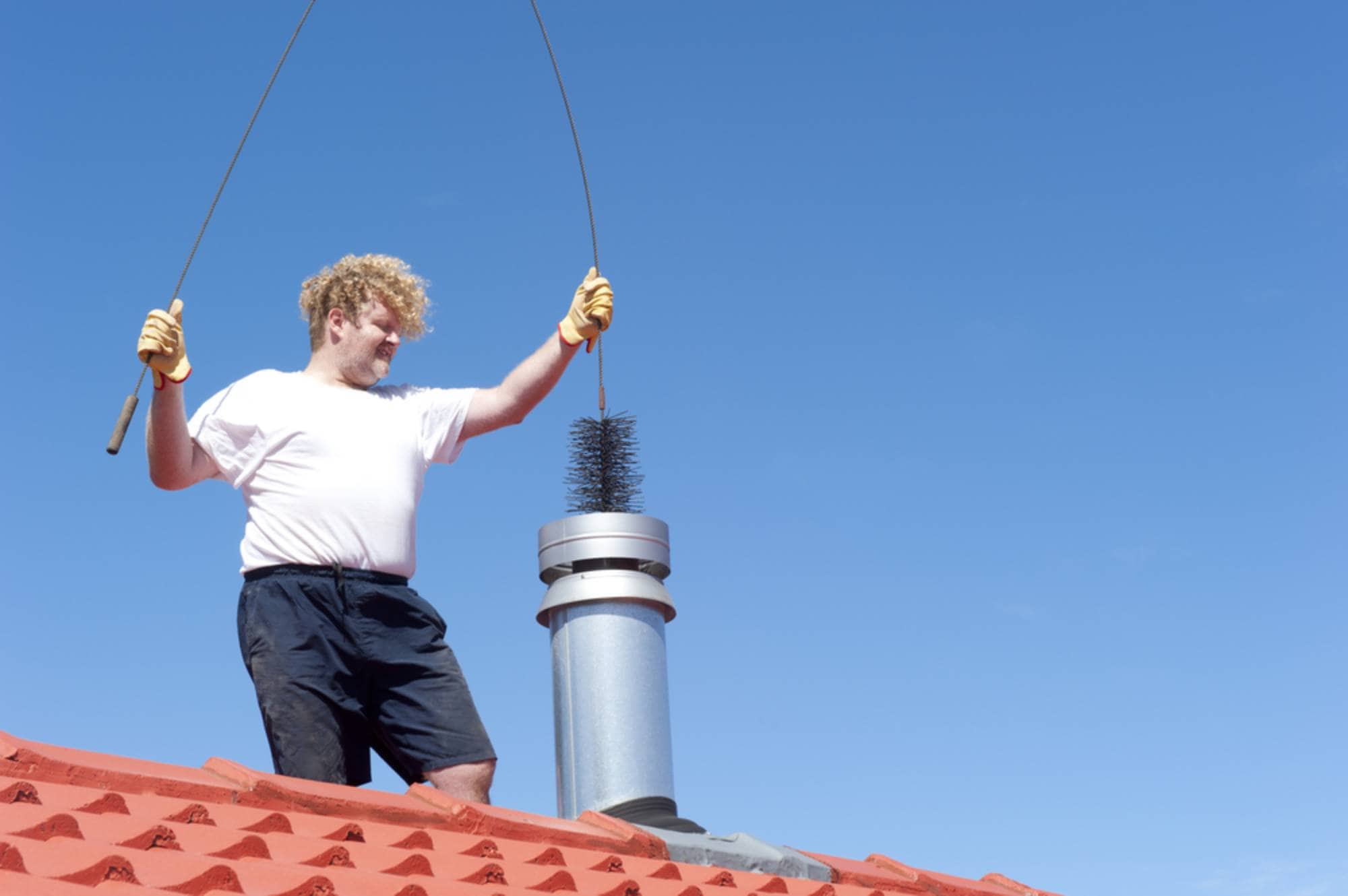Remove dangerous creosote buildup and prevent costly chimney fires with professional chimney cleaning in Reservoir, RI.

Hear from Our Customers

Your fireplace works the way it should. No more worrying about creosote buildup igniting into a slow-burning fire that spreads through your walls before you even notice it. No more strange odors coming from your fireplace during those unexpectedly warm Rhode Island days.
You get a chimney that vents properly, heating that works more efficiently, and the peace of mind that comes from knowing a trained professional looked at every accessible part of your system. Your family breathes cleaner air because dangerous combustion gases are going where they’re supposed to go—up and out, not into your living space.
The small issues get caught before they turn into expensive problems. That loose mortar joint or minor crown crack gets addressed now, not after water damage has spread through your masonry.
We understand what Providence County homeowners deal with. We’ve seen how Rhode Island’s unpredictable weather—65 degrees in November, snow through April—affects chimney systems differently than other regions.
Our technicians are trained specifically in the challenges that come with New England chimneys. We know which materials hold up to freeze-thaw cycles, how coastal moisture affects masonry, and what to look for in older homes built around the 1960s.
We’ve been serving families throughout this area because we do the work right the first time. No shortcuts, no unnecessary upselling, just honest assessments and quality repairs that last.

We start by protecting your home. Multiple layers of drop cloths go around the fireplace area, and we use HEPA-filtered vacuums designed specifically for soot and ash removal. No dust or debris escapes into your living space.
Our technician inspects the entire accessible system first—looking at the flue, checking mortar joints, examining the crown and cap. We’re identifying any issues before we start cleaning so you know exactly what you’re dealing with.
Then we remove the creosote, soot, and any blockages from your chimney. This isn’t just sweeping—it’s thorough removal of the flammable buildup that causes chimney fires. We clean from top to bottom, making sure dangerous combustion gases have a clear path out of your home.
You get a complete rundown of what we found, what we cleaned, and any recommendations for repairs or maintenance. No surprises, no pressure—just the information you need to make good decisions about your chimney.

Ready to get started?
Every chimney cleaning in Reservoir, RI includes a thorough visual inspection at no extra charge. If we spot minor issues while we’re on your roof, we’ll fix them on the spot when possible. Otherwise, you get a detailed estimate with clear pricing.
We remove all creosote and soot buildup from your flue, check your damper operation, and ensure your chimney cap and crown are doing their job. For Rhode Island homeowners, this means protection against the moisture that can turn soot into acidic slurry, causing serious damage to your chimney’s interior surfaces.
You also get honest advice about your system. If your 1960s-era chimney needs attention, we’ll tell you what’s urgent and what can wait. If your heating oil system is creating more buildup than expected, we’ll explain why and what you can do about it.

Local Resources